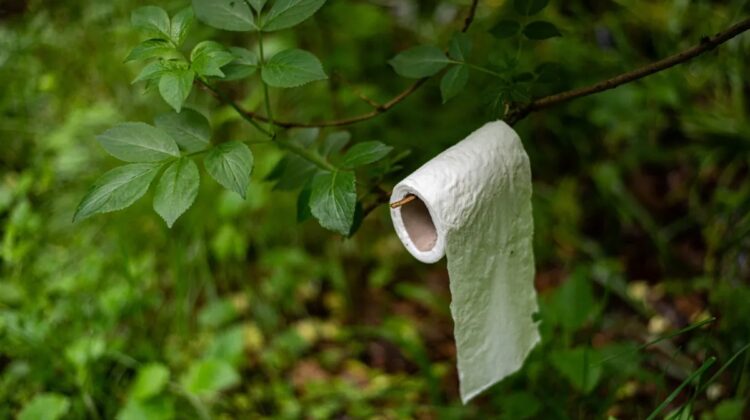
It’s currently perfectly legal apparently, so long as no one is believed to be watching.
Does it create a mess if a camper defecate in the woods while no one is looking? Yes, it does, according to incensed New Zealanders, and the legislation – which has special legal loopholes – is endangering the safety of the nation’s rivers.
A confusing law in New Zealand allows people to avoid a $200 punishment if they can demonstrate that they only urinated in public because they were confident no one was looking. However, others are claiming it’s time to strengthen the laws surrounding public defecation in light of what may be their busiest summer yet, with borders finally opening fully in the wake of the COVID-19 outbreak.
Following allegations that visitors to the nation’s natural places are leaving growing amounts of toilet paper and human excrement in their path and maybe even harming rivers, a camping organisation has asked for the public pooping rule to be changed. Public defecation is illegal in New Zealand, however if the offender can prove they didn’t think anybody was looking, the $200 fine may be waived.
The Responsible Campers Association (RCAi), however, declared on July 4 that they are attempting to modify this rule to stop human waste from collecting to a dangerous level during peak tourism seasons in the nation.
According to RCAi spokesperson Bob Osborne, “at the moment section 32 of the Summary Crimes Act allows a legal defense to a charge of urinating or defecating in a public place if a person believes they will not be witnessed.”
As an organization that advocates for freedom campers, we’ve noticed that the apparent consequences of an action are more worrying than the actual action itself. We thus ask for a minor modification to Section 32.
The suggested modification implies that in addition to proving that they felt they were not being observed, public poopers will now need to demonstrate that their act was performed at least 50 meters (164 feet) away from a canal and buried at least 15 cm deep (6 inches).
While pooping is totally normal, the fecal-oral pathway for disease transmission—in which one person’s waste becomes another’s infectious sickness—is where the brown stuff becomes complicated. Poop and rivers need to be kept very separate because everything from SARS-CoV-2 to Ebola and skin-wriggling parasitic worms can infect us if we come into touch with tainted excrement.
The RCAi thus hopes that the New Zealand government would collaborate with them to provide a setup where individuals may urinate without getting into – or causing – a mess.
According to RCAi, limiting the most unpleasant consequences would be the best approach to handle the issue in the near term. “There is no rule in New Zealand that mandates one to soil their pants if caught short,” they stated.
The best long-term solution would be to increase the number of restrooms available to New Zealanders on the road, with funds provided by the NZTA for such facilities along State highways.
[H/T: Guardian]

Leave a Reply